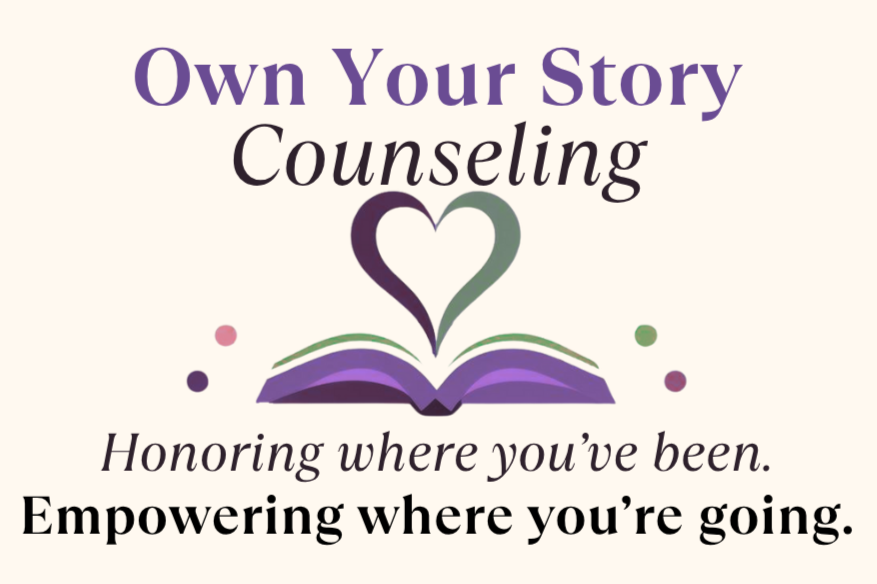Saying “No” Without Guilt (Yes, It’s Possible!)
You said yes. Again.
Yes to helping with the project. Yes to attending the event. Yes to one more favor. And as soon as the word left your mouth, your stomach dropped.
You didn’t actually want to do it—but the thought of disappointing someone felt worse than stretching yourself too thin.
Why Saying No Feels So Hard
If saying no feels impossible, you’re not weak. It usually comes from deep patterns you’ve carried for years.
Maybe you grew up believing it was your job to keep the peace.
Maybe you learned that love or approval had to be earned through being helpful.
Or maybe you’ve just gotten so used to putting others first that you’ve forgotten what your own needs sound like.
The result? Every time you want to say no, your brain sounds the alarm: “They’ll think I’m selfish. They’ll be mad at me. I’ll let them down.”
The Cost of Always Saying Yes
On the surface, people-pleasing looks kind. But underneath, it often leads to:
Constant exhaustion
Building quiet resentment toward others
Losing touch with your own desires and values
Burnout from overcommitment
Saying yes when you don’t mean it isn’t true kindness—it’s self-abandonment.
Reframing What “No” Really Means
Here’s the shift: a “no” isn’t rejection. It’s an act of honesty and self-respect. When you say no to what drains you, you’re actually saying yes to the things that matter most: your health, your time, your peace of mind.
And when you set boundaries, you give others permission to do the same.
Practical Scripts for Saying No (Without Over-Explaining)
You don’t need a 5-paragraph essay to decline something. Short, kind, and clear works best.
Try these:
“Thanks for thinking of me, but I can’t commit right now.”
“I appreciate the invite, but I’m not available.”
“That doesn’t work for me, but I hope it goes well.”
Notice none of these include a long justification. You don’t owe anyone an explanation for honoring your limits.
Sitting with the Discomfort
Let’s be real: even with practice, saying no won’t always feel comfortable. You might feel guilty, nervous, or worry about others’ reactions. That’s okay. Discomfort doesn’t mean you’re doing it wrong, it means you’re breaking an old pattern.
Over time, it gets easier. And the relief of living more honestly outweighs the temporary awkwardness.
The Bottom Line
Boundaries aren’t about shutting people out, they’re about showing up in relationships as your authentic self. When you stop saying yes out of fear, you make space for yes to actually mean something.
If saying no feels impossible and guilt has been running your life, therapy can help. Together, we can untangle where those patterns came from and give you the confidence to start honoring your own needs.
Contact me here to take the first step.
